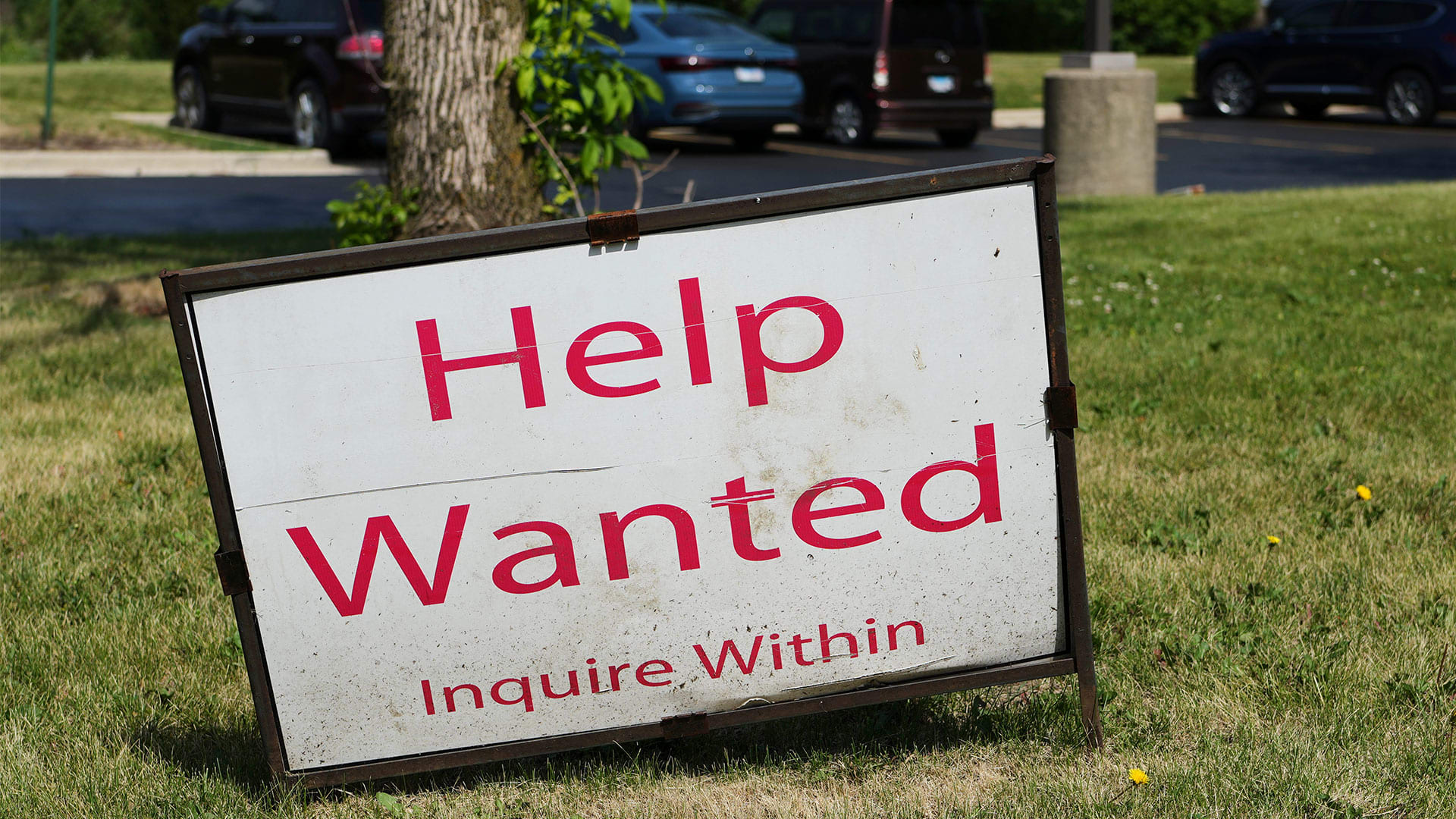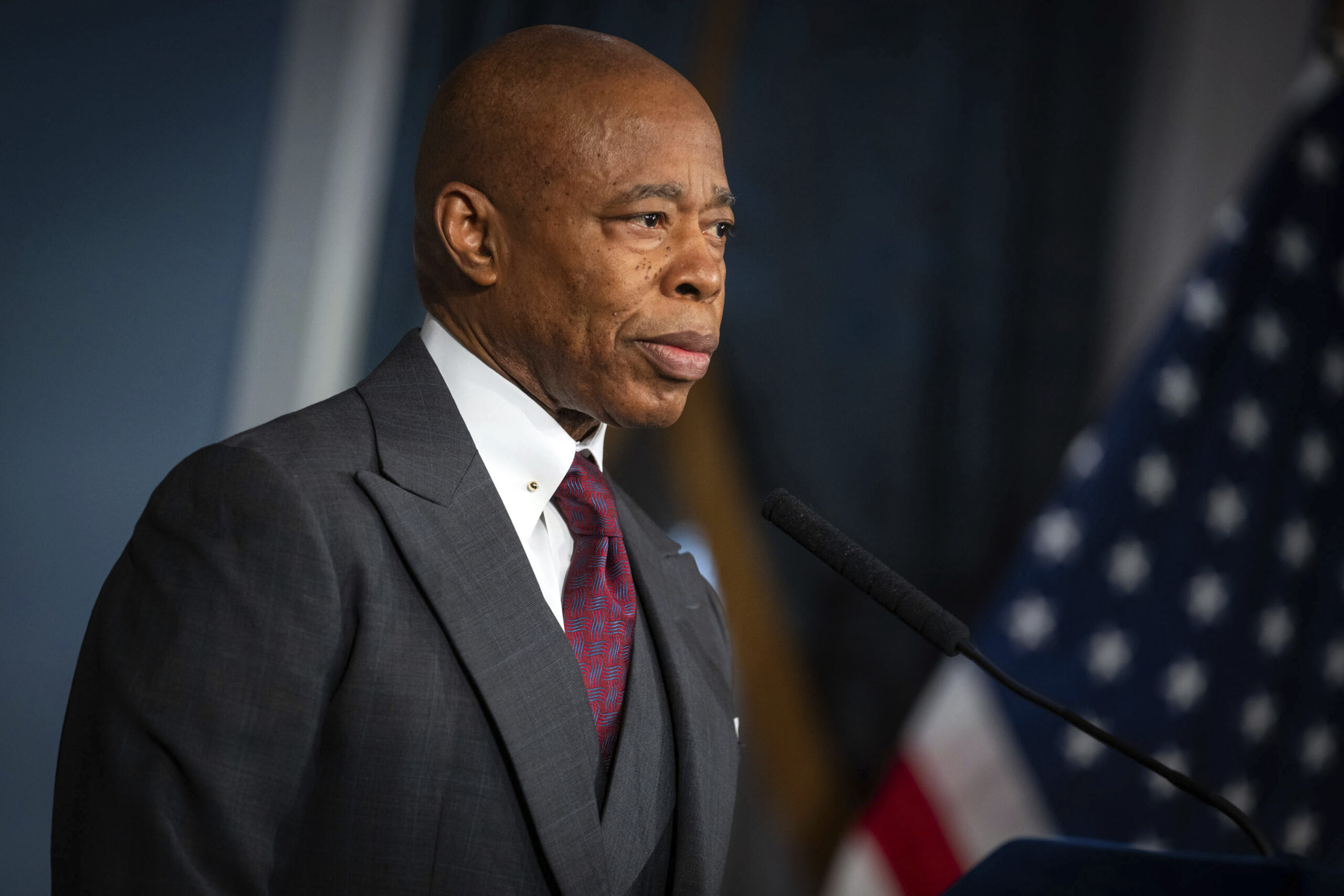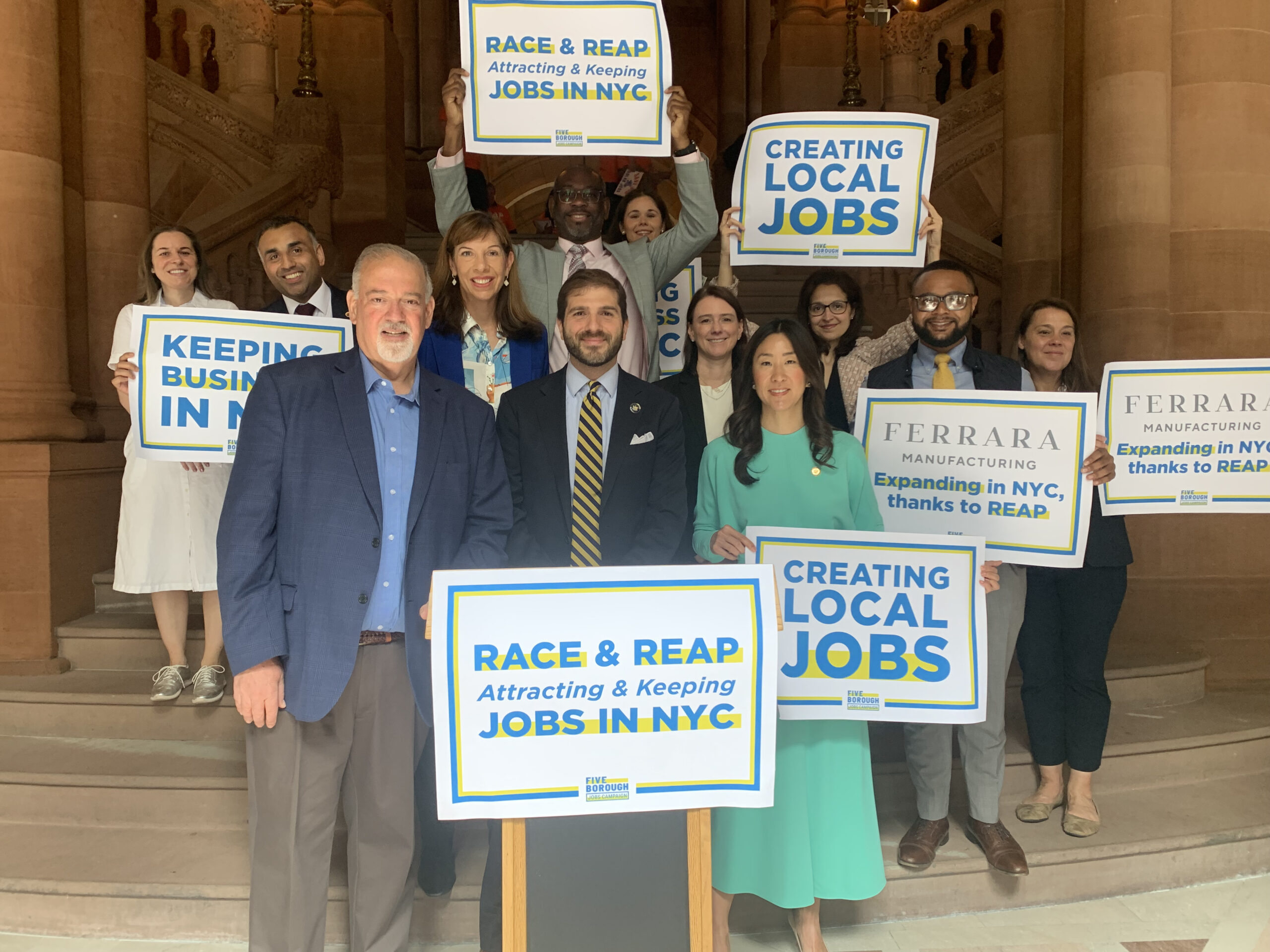#job-growth
#job-growth
[ follow ]
fromFortune
1 month agoHere are the top 15 highest-paying jobs that don't require a college degree: from detectives to flight attendants | Fortune
The role has a median annual salary of $106,580, only requiring a high school diploma, apprenticeship completion, and a state certification, according to a new report from Resume Genius analyzing U.S. Bureau of Labor Statistics data. The study placed transportation, storage, and distribution managers in second; by pursuing an entry-level role in logistics, new hires can put themselves on track to earn $102,010 per year.
Careers
fromBusiness Insider
2 months agoForget Austin and Dallas - these Texas cities are now some of the hottest housing markets in America
Texas has welcomed a number of residents from less affordable parts of the country looking to get more for their money - and they may be on to something. Texas is becoming more than just a temporary escape from high costs on the way to homeownership;many of its cities can actually retain residents thanks to other assets that extend beyond sheer affordability.
Real estate
US news
fromFortune
3 months agoFed's Chris Waller says he had a 'great interview' to succeed Jerome Powell and the labor market is 'weak' and 'not doing great' | Fortune
U.S. labor market appears weak and may be contracting, while the Fed's potential chair selection involved a serious, nonpolitical interview.
fromwww.theguardian.com
3 months agoHistory shows war against immigrants will backfire on all Americans
The government shutdown may have prevented the publication of September's job report, but we can be reasonably confident that when the numbers are known, they will further underscore the Trump administration's policy incoherence and remind us of all of the damage he is prepared to inflict on the American economy. The president will most likely be apoplectic over data confirming that the economy is generating very few new jobs (the payroll processor ADP estimated a loss of 32,000 private sector jobs in September).
US politics
fromwww.npr.org
4 months agoWhat's costing you more lately, and how is it affecting you? NPR wants to hear
With inflation on the rise, consumer prices up, and job growth slowing, more Americans are feeling a financial squeeze. The NPR Network is working on a series about the rising cost of living. We want to hear from you: What costs are going up, and how are you coping? How are higher prices changing the way you live? Fill out the form below, and an NPR or member station producer may reach out for an upcoming story.
US news
fromEntrepreneur
5 months agoHighest-Paying Jobs For Older Adults: New Report | Entrepreneur
The company used data from the BLS's Labor Force Statistics Current Population Survey, O*NET Online, and the BLS Occupational Outlook Handbook to create the report using several parameters, including removing jobs with salaries lower than $49,500 and roles that require education higher than a Bachelor's degree. The occupations listed also had to have at least 100,000 employees who were 55 or older.
Careers
fromwww.theguardian.com
6 months agoWhite House officials rush to defend Trump after shaky economic week
The firing of labor statistics chief Erika McEntarfer raised concerns about the reliability of economic data, with experts warning it undermines confidence in the Bureau of Labor Statistics.
US politics
fromwww.mercurynews.com
7 months agoState official talks tariffs, jobs, economy with San Jose business leaders
About a month or two ago, the Trump administration certified all 13 regional plans for economic development in California, bolstering our efforts to develop tailored economic strategies.
Silicon Valley
[ Load more ]



























